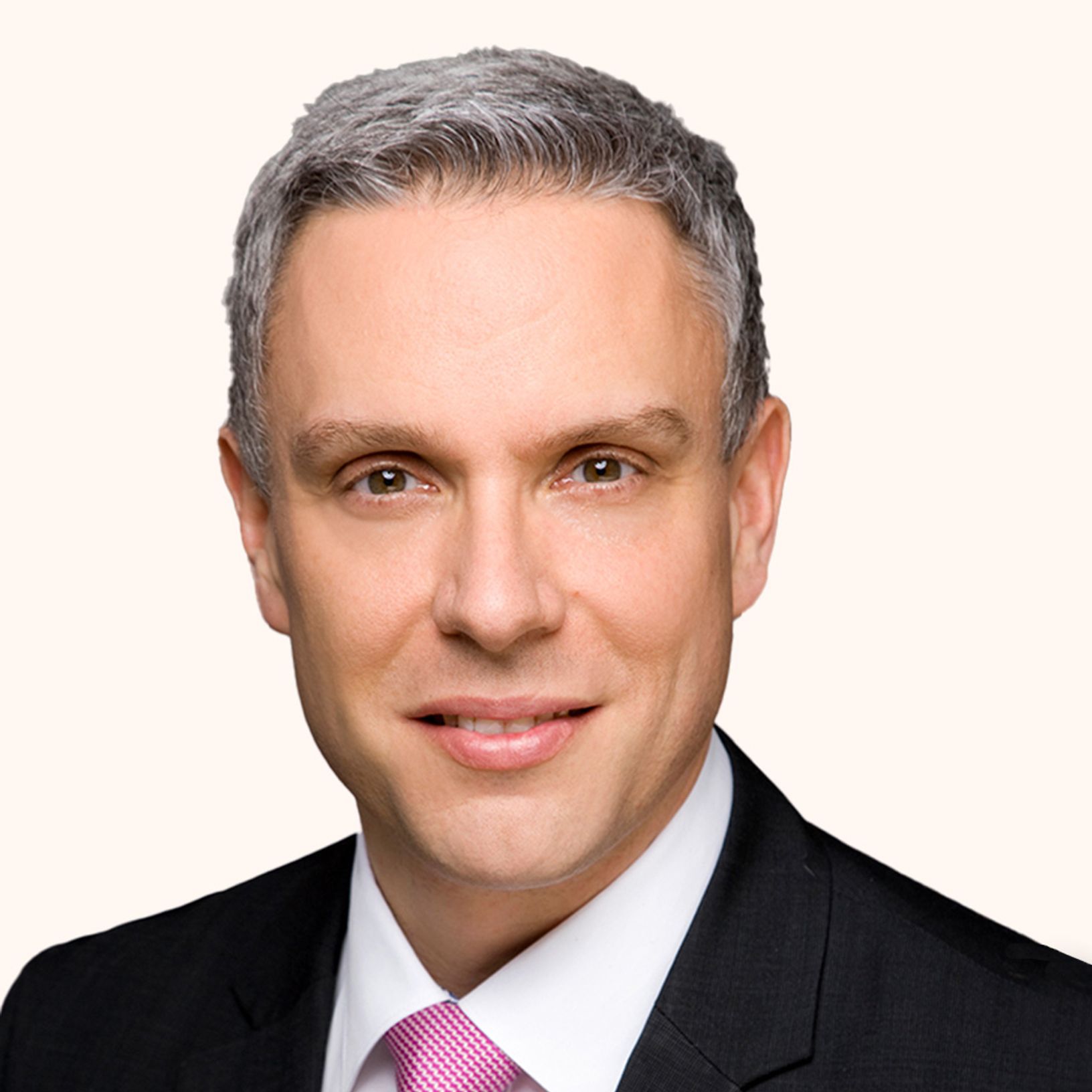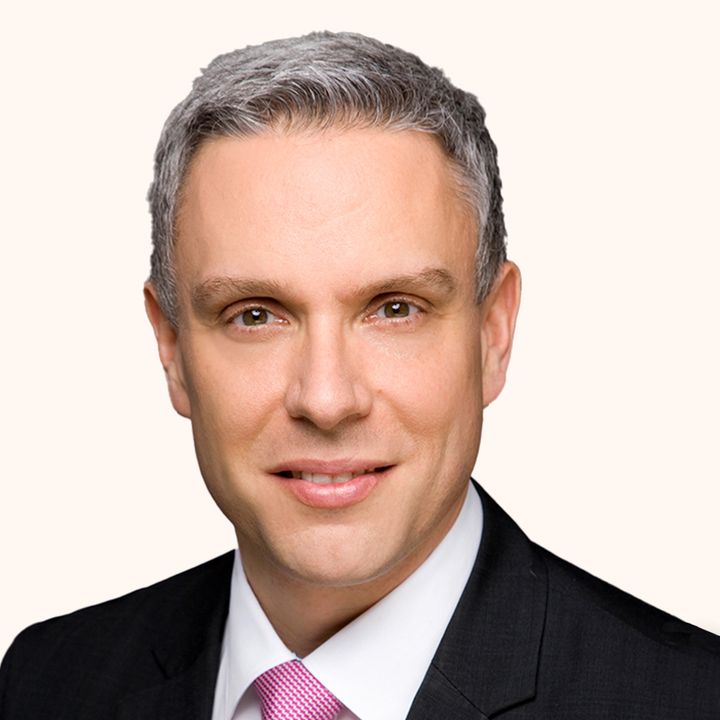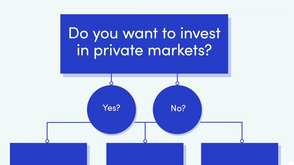Matthias Fackler: The Trends Driving Our Strategy in European Infrastructure


We are seeking out opportunities in the energy transition, the circular economy and the digitalization of society, explains Matthias Fackler, Head of Infrastructure Europe.
As investors around the world digest the impact of increased U.S. tariffs on the global economy, there’s one enduring trend that stands out: the growing investor appetite for infrastructure assets in Europe.
Major European economies are working to improve the security of their energy supplies and other essential infrastructure, spurred in part by Russia’s ongoing invasion of Ukraine. In March, Germany, the region’s largest economy, relaxed borrowing restrictions to pass a €1tn ($1.2tn) budget for defense spending and infrastructure modernization over the next decade. Half the sum is set aside for the infrastructure and energy sectors, with substantial private capital expected to follow.
This resilience push coincides with broader European Union efforts to meet legally binding commitments to cut net carbon dioxide emissions to zero by 2050. Hundreds of billions of euros are being set aside for upgrades to digital and energy infrastructure.
These trends are winning investors’ attention. Europe is by a distance the most popular region targeted by infrastructure funds, accounting for 57 percent of such investments, compared to 24 percent in North America, according to a February report by Phenix Capital. EQT’s flagship Infrastructure VI (Infra VI) fund closed in March after raising €21.5bn in total commitments, beating its €20bn target and hitting the fundraising hard cap. This strategy will look to allocate approximately 40 percent of the capital raised to European infrastructure companies.
The appeal of infrastructure
Infrastructure appeals to investors in part because it has historically been less sensitive to global market volatility. In addition to this macro trend, EQT has also pushed to build a thematic investment approach and active ownership capabilities.

Largest closed Europe-based infrastructure funds (source: PitchBook)
There are plenty of positives from EQT’s infrastructure strategy. Examples include Germany’s GETEC and DeltaFiber, which provides high-speed broadband to hundreds of thousands of households in the Netherlands.
GETEC operates around 8,000 decentralized energy production plants in Germany and neighboring markets. Between 2017 and 2022, when we exited, EQT was actively involved in optimizing GETEC’s operations, digitalizing the plant portfolio and expanding its green solution offering. EQT also helped GETEC grow from a Germany-focused operation into a pan-European market leader.
Outside of Europe, EdgeConneX has also benefited from several rounds of EQT funding. The Virginia-based data center provider specializes in building bespoke, hyperscale data centers around the world in a sustainable way, while in recent years decoupling the carbon intensity of its operations with growth.
Given the long-term nature of infrastructure projects and the need for widespread modernization in Europe, attractive investment opportunities exist now and will likely continue for the foreseeable future.

Infra VI, part of EQT’s Value-Add Infrastructure strategy, has invested in 14 companies so far. These businesses have visible cash flow profiles, downside protection and offer an essential service to society. The investment thesis linking these investments includes these investment themes:
- Digital infrastructure
- Generating, storing and distributing energy
- Electrifying industrial processes and transport
- Resource efficiency
- Social infrastructure
Future opportunities
EQT’s Value-Add Infrastructure strategy will continue to pursue these investment themes.
The capital needed to transform Europe’s industrial landscape over the coming years is large and driven by global megatrends, such as the digitalization of society and the energy transition. In the coming decades, we expect that the way we make and use energy and move goods and people will be transformed, reshaping entire economies.
Europe is stepping up and starting to address challenges such as low productivity growth, too much red tape, lack of investments, particularly in its infrastructure, and fragmented capital markets. At the same time, private capital has a role to play in developing solutions that help deliver this transformation.
Matthias Fackler joined EQT Partners in Munich in September 2008 and is Head of Infrastructure Advisory Team Europe. Matthias holds a Master degree in Business Administration of the University of Tübingen. Prior to joining EQT Partners, Matthias worked from 2000 to 2008 at the Investment Bank Rothschild mainly on transactions related to the infrastructure sector. Between 1996 and 2000 Matthias worked at Arthur Andersen focusing on transaction services and financial audits. During that time he also passed the German exams of Tax Adviser and Chartered Accountant. Matthias is a member of the Infrastructure Partners Investment Committee. Directorships Current: DeltaFiber NL, Deutsche Glasfaser, SAUR Previous: EEW Energy from Waste, Parkia, GETEC
ThinQ by EQT: A publication where private markets meet open minds. Join the conversation – [email protected]
On the topic ofInfrastructure
Exclusive News and Insights Every Week
Sign up to subscribe to the EQT newsletter.





